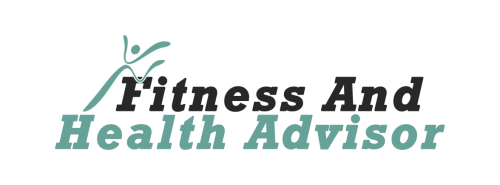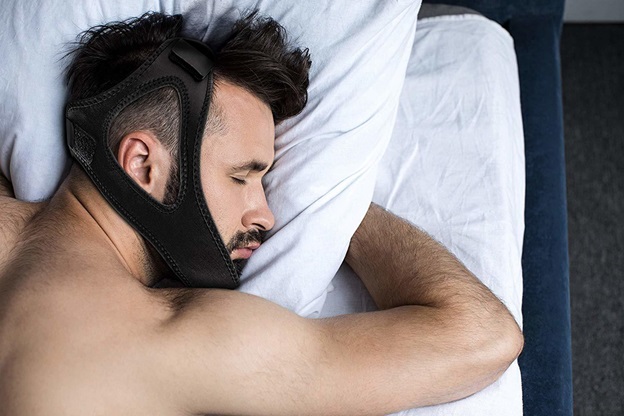When CPAP therapy isn’t going as well as hoped because of “mouth leaks,” the question a lot of people ask is: Should I invest in a CPAP chinstrap? These small contraptions help improve the efficacy of CPAP therapy and prevent a dry mouth and throat when waking up.
Although CPAP chinstraps can be a useful tool to get the most out of CPAP therapy, there are some considerations to be had before surely knowing that chinstraps are right for you.
You May Need a CPAP Chinstrap If…
Some people naturally breathe through their mouths when they sleep, and if you are treating sleep apnea, this can cause you to have an uncomfortable feeling in the morning because of the extreme dryness of the mouth and throat. This may be a cause of concern that a chinstrap can help alleviate.
Asking other people around you, a partner or a friend, to assess how you sleep can be a good way to know if you do need a chinstrap. If they may notice snoring or you opening your mouth at night and air escaping from it, this may indicate the need for a chinstrap. You may also notice if you consistently wake up with a dry mouth or sore throat, this can be a sign of mouth breathing.
Also, if you are the type to move around and eventually wake up with your CPAP mask haphazardly taken off while half asleep, a chinstrap can be used to make the mask more secure as you sleep.
CPAP chinstraps will only be proven useful if used with CPAP therapy to resolve snoring and sleep apnea. It can be dangerous to use chinstraps without a CPAP machine.
You May Not Need a CPAP Chinstrap If…
For people with a congested nose due to a deviated septum, allergies, colds, or other causes, may not want to use a chinstrap. If the CPAP is also set at a high level of pressure, it may be blowing the mouth open and the solution is to decrease the pressure level.
When dealing with a congested nose, it would be wise to treat the cause first (e.g. antihistamines for consistent allergies) and see if the mouth breathing lessens from there.
If a chinstrap can’t be an option because of these, a wise alternative can be to purchase a full-face mask. It provides pressure to both the nose and mouth while sleeping and will allow for a more comfortable experience even when mouth breathing.
A Final Word
If mouth breathing is of concern, asking help from a medical professional would be your best bet, especially if you haven’t tried CPAP chinstraps before. The professional can either give the go signal to try it or give alternatives that may help you on your journey to treating sleep apnea. Shop for whatever CPAP equipment you need online!









